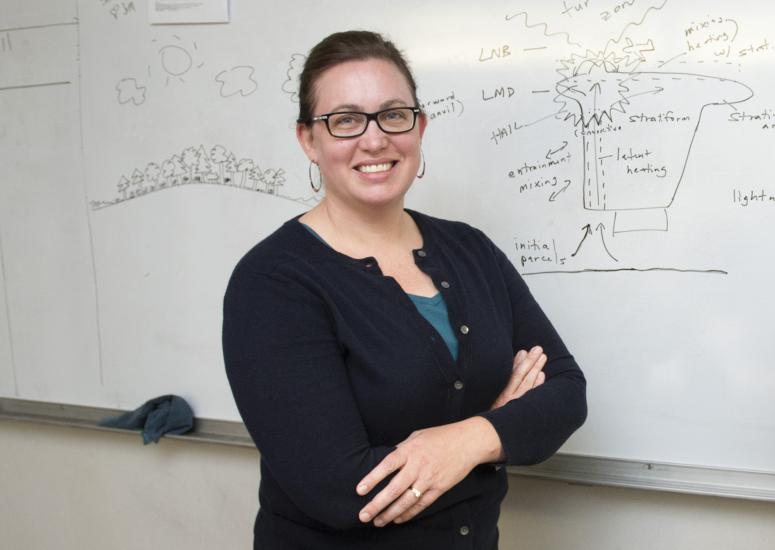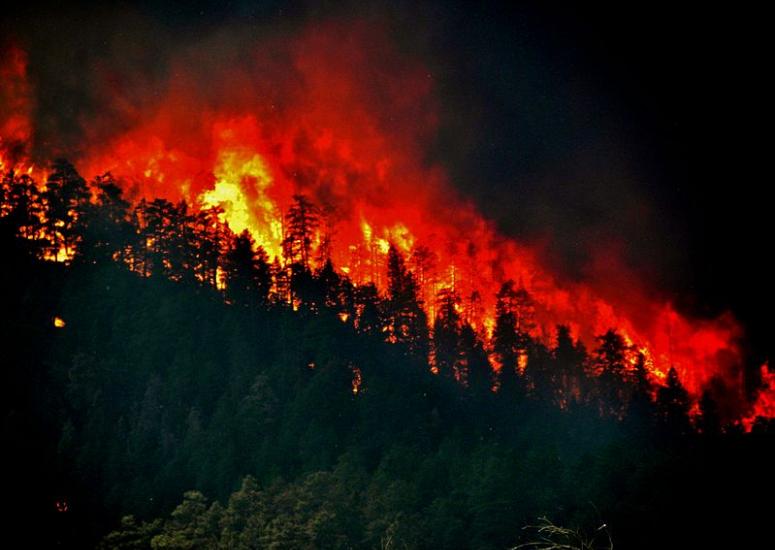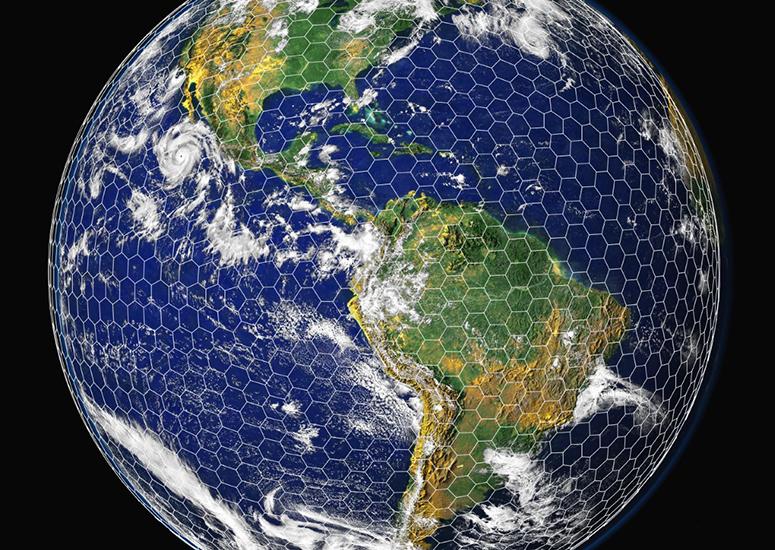-

Gretchen Mullendore chosen to lead NCAR’s Mesoscale & Microscale Meteorology Laboratory
Gretchen Mullendore has been selected to lead the Mesoscale & Microscale Meteorology Laboratory (MMM) at the National Center for Atmospheric Research (NCAR). Mullendore, who currently serves as a professor and chair of the atmospheric sciences department at the University of North Dakota (UND), will join NCAR January 18, 2021.
- Organization,
- Weather
-

Predicting wildfire risks
With wildfires becoming a growing threat, the National Center for Atmospheric Research (NCAR) is supporting a major, university-led initiative to better forecast the destructive events.
- Air Quality,
- Climate,
- Weather
-

CSU, NCAR to develop high-res global model for community use
CSU will collaborate with NCAR to create a high-resolution version of an Earth system model used by scientists around the world. The National Science Foundation will fund the nearly $5 million, five-year “EarthWorks”project.
- Climate,
- Weather
-

Climate change is creating a significantly more stratified ocean, new study finds
The decrease in ocean mixing could amplify warming due to human-caused climate change at the Earth’s surface, intensify ocean acidification, and impact the marine food chain, among other impacts.
- Climate
-

The Arctic is transitioning into a new climate state
The fast-warming Arctic has started to transition from a predominantly frozen state into an entirely different climate, according to a comprehensive new study of Arctic conditions.
- Climate
